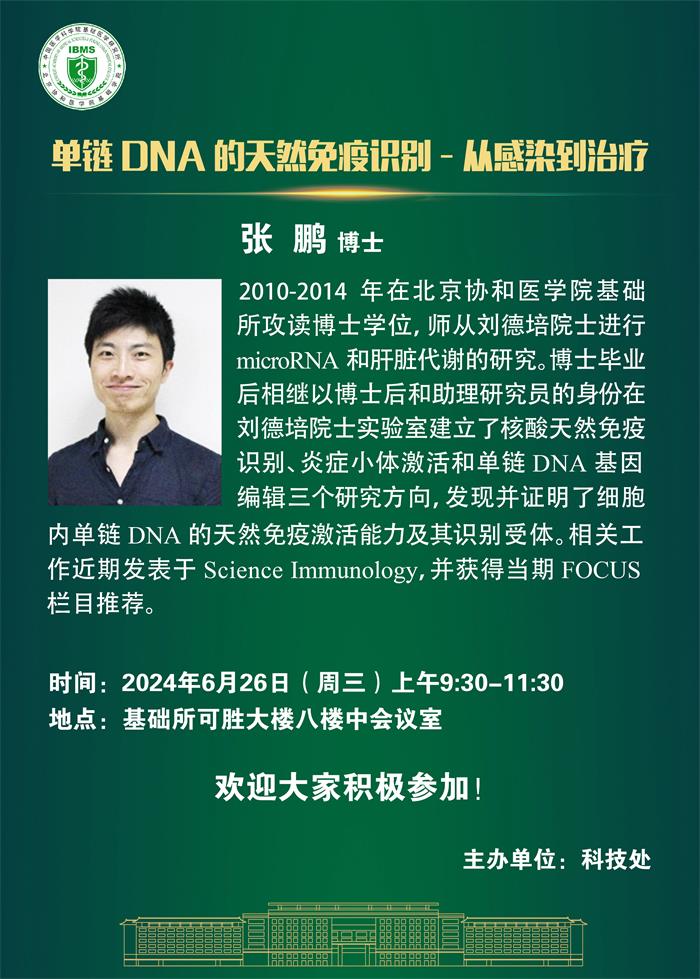Targeting LIN28B reprograms tumor glucose metabolism and acidic microenvironment to suppress cancer stemness and metastasis.
Chen C1,2, Bai L1,2,3, Cao F1,2, Wang S1,2, He H1,2, Song M1,2, Chen H1,2, Liu Y1,2, Guo J1,2, Si Q1,2, Pan Y1,2, Zhu R1,2, Chuang TH4, Xiang R5, Luo Y6,7
Oncogene. 2019 Feb 11
PMID: 30742065
Abstract
The altered metabolism and acidic microenvironment plays an important role in promoting tumor malignant characteristics. A small population of cancer stem cells (CSCs) were considered as a therapy target to reserve tumor relapse, resistance, and metastasis. However, the molecular mechanism that regulates CSCs metabolism remains poorly understood. In this study, we demonstrate a fundamental role of stemness gene LIN28B in maintaining CSCs glycolysis metabolism. Using LIN28B-expressing cancer cell lines, we found that the rate of extracellular acidification, glucose uptake, and lactate secretion are all suppressed by LIN28B knockdown in vitro and in vivo. Importantly, metabolic analyses reveal that CSCs have enhanced aerobic glycolysis metabolic characteristics and the glycolytic product lactate further promotes cancer associated stemness properties. LIN28B silencing suppresses MYC expression that further increases miR-34a-5p level. Furthermore, the glycolysis metabolism of human breast cancer cell line MDA-MB-231 is suppressed by either MYC siRNA or miR-34a-5p mimic. Clinically, high MYC and low miR-34a-5p level are correlated with high LIN28B expression and poor prognosis in human breast cancer patients. Notably, blocking LIN28B/MYC/miR-34a-5p signaling pathway by LIN28B-specific inhibitor causes dramatic inhibition of tumor growth and metastasis in immunodeficient orthotopic mouse models of human breast cancer cell MDA-MB-231. Taken together, our findings offer a preclinical investigation of targeting LIN28B to suppress CSCs glycolysis metabolism and tumor progression that may improve the therapeutic benefit for cancer patients.





